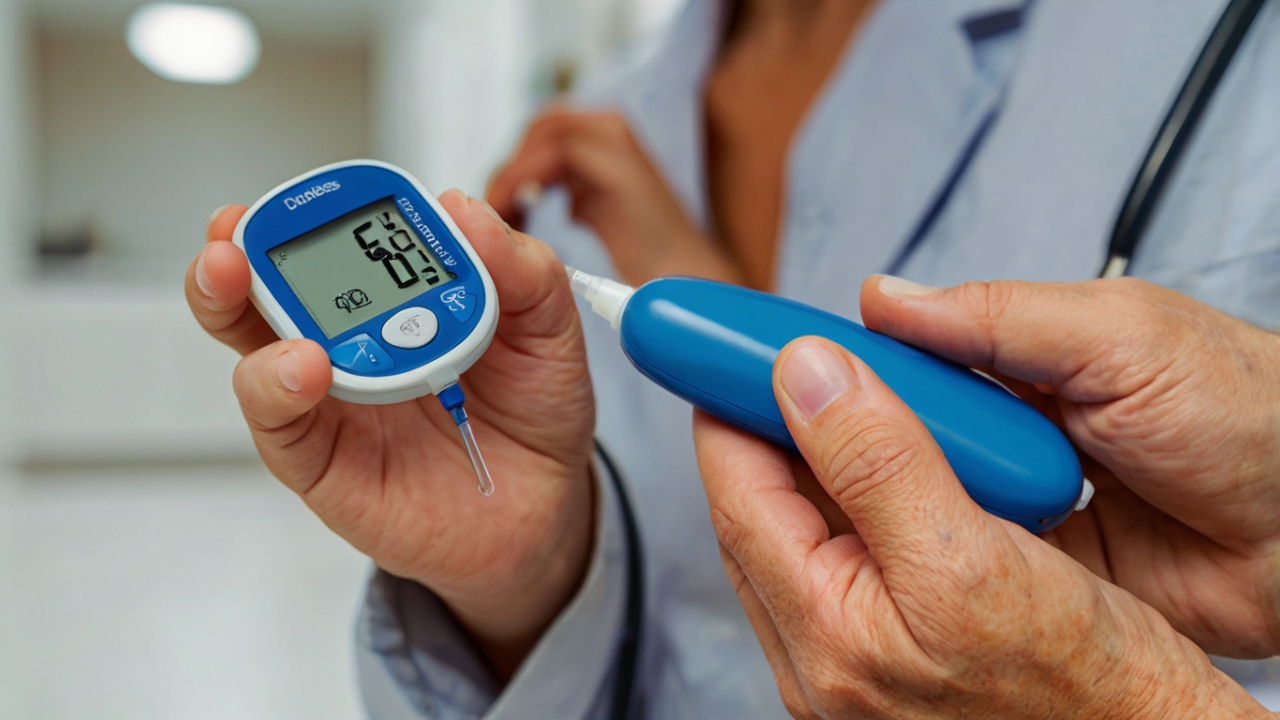Diet and Exercise: The Cornerstones of Type 2 Diabetes Management
Diet and Exercise: The Cornerstones of Type 2 Diabetes Management The Importance of Lifestyle Changes in Managing Type 2 Diabetes Managing Type 2 diabetes necessitates a comprehensive approach that goes beyond simply relying on medications. Lifestyle changes play a pivotal role in effectively managing this chronic condition. By incorporating healthy habits such as regular



